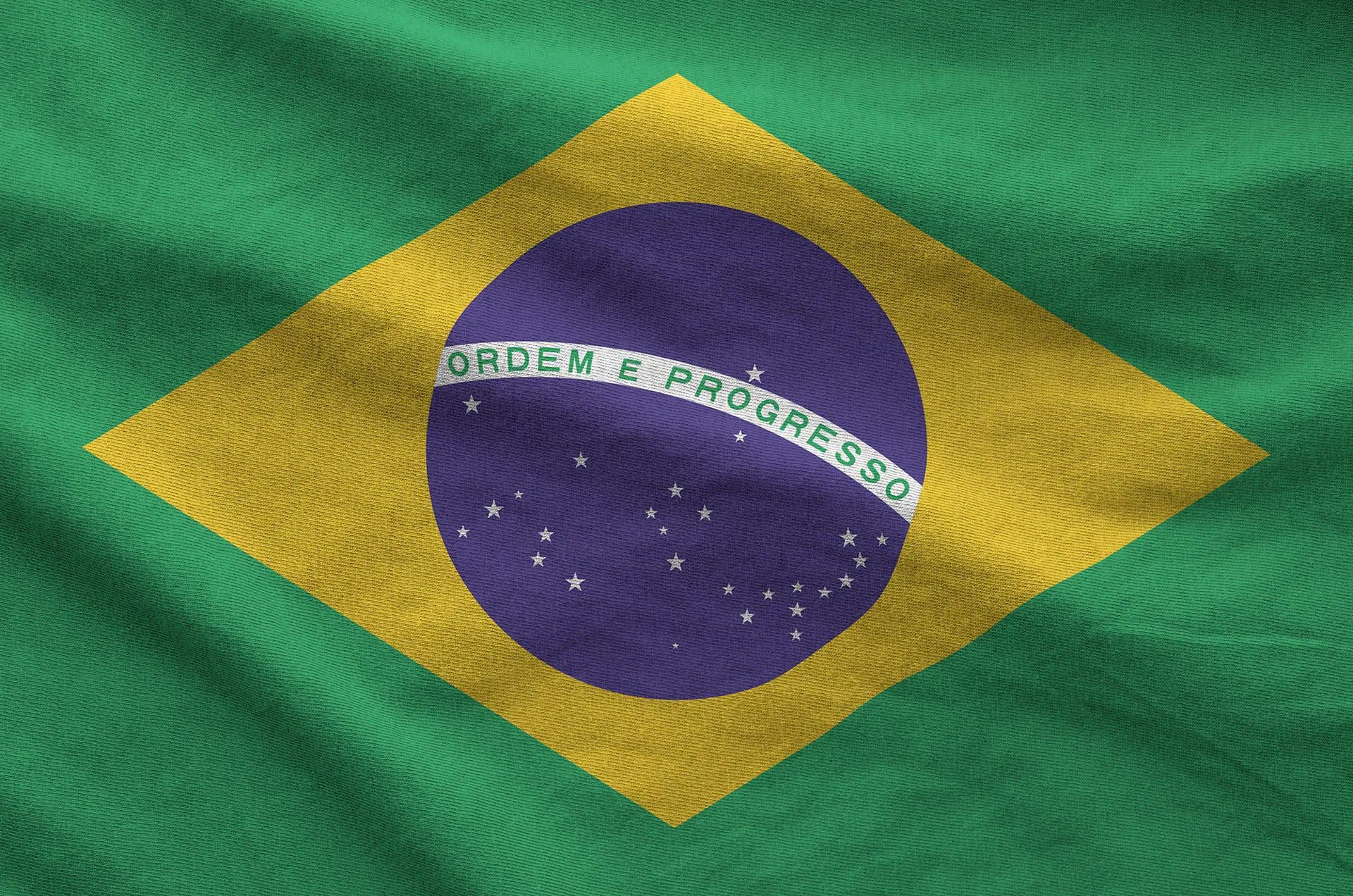Looks like Brazil is joining the age verification party.
Brazilian president Luiz Inácio Lula da Silva has just signed into law sweeping new rules requiring age verification for children and adolescents on digital platforms, making Brazil one of the strictest jurisdictions in the world on online protections for minors.
The measure, nicknamed the “Adultization Bill” or “Digital ECA” (for its update to the 1990 Statute of Children and Adolescents), will take effect in 180 days. It obliges social media, online gaming platforms, and other digital services to adopt safeguards against harmful content, while imposing tough penalties for non-compliance.

“Freedom of expression is a nonnegotiable value, but it cannot serve as an excuse for committing crimes in the digital world,” Lula said, framing the law as part of Brazil’s push for digital sovereignty and stronger regulation of foreign tech companies.
Key Provisions
The law passed swiftly after public outrage in August over cases of child exploitation on digital platforms, including the arrest of influencer Hytalo Santos for producing sexual content involving minors.
Between January and July 2025, watchdog SaferNet Brasil recorded 76,997 reports of online human rights violations, with nearly two-thirds linked to child sexual abuse and exploitation. Reports surged after a viral video by influencer Felca drew attention to the problem.
UNICEF’s child protection expert, Luiza Teixeira, praised the legislation as “very robust, with high technical quality,” warning that generative AI is amplifying risks by creating manipulated sexualized images of children.
Legal scholars said the bill goes beyond existing frameworks like the Internet Bill of Rights and the General Data Protection Law by explicitly regulating social media and gaming for minors.
Experts caution that enforcement will be difficult. Platforms will need to balance effective age verification with privacy and accessibility concerns. João Victor Archegas, a researcher at the Institute for Technology and Society in Rio de Janeiro, said success will depend on Brazil’s ability to ensure compliance while avoiding digital exclusion.
Critics, meanwhile, warn the law could serve as a “thermometer” for broader state regulation of Big Tech and possibly restrict online freedoms. Supporters argue it restores parental oversight and prioritizes children’s rights.
“The internet cannot be a lawless land,” said Ariel de Castro Alves, a leading children’s rights advocate. “This law is only the first step. Now companies must restructure how they handle harmful content, and society must ensure children’s safety in the digital era.”